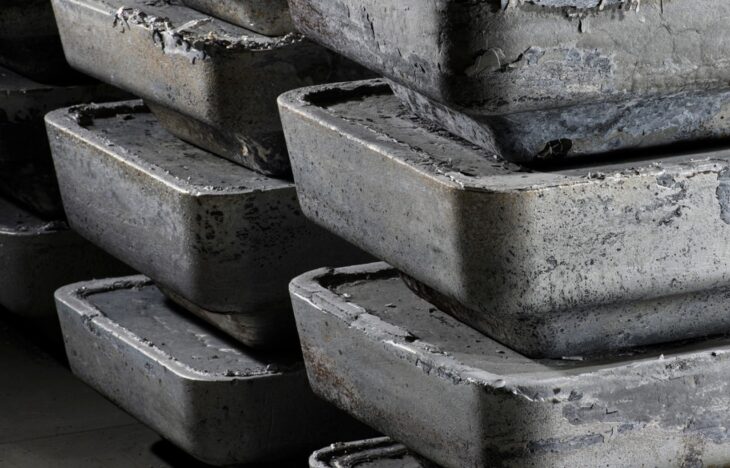ELYSIS, a joint partnership between Alcoa and Rio Tinto, launched its 450 kA inert anode cell at the end of an existing potline at the Rio Tinto smelter in Alma, Quebec, Canada — the first implementation of inert anode technology at this commercial-size scale. According to the company, this is a defining moment in the transition toward large-scale, low-carbon aluminum production.
“This historic milestone results from years of relentless innovation and teamwork of all ELYSIS employees and collaborators,” said François Perras, president and chief executive officer of ELYSIS. “While R&D is rarely linear, our combined efforts have turned vision into reality. Today, we’re not just powering a new cell, we’re powering the future of aluminum.”
After years of sustained research, development, and rigorous testing, ELYSIS reached a breakthrough — the start up of a high-amperage aluminum production with no direct carbon emissions from the smelting process. In addition to its environmental benefits, the technology also has the potential to improve worker safety, reduce costs, and enhance productivity.
Thanks to the expertise of the ELYSIS team, its partners at Alcoa Corporation and Rio Tinto, and the continued support of the governments of Canada and Québec, the company has entered a new phase of industrial innovation. Comprehensive and rigorous testing will continue on the large-scale cell, which was designed for industrial demonstration purposes, to gather critical data to support future commercial deployment.
“Today marks a major step for ELYSIS in its journey to commercialize its groundbreaking aluminum smelting technology without direct carbon emissions,” noted Jérôme Pécresse, chief executive, Aluminium & Lithium, Rio Tinto. “Through our involvement in the joint venture, Rio Tinto is reinforcing its commitment to inert anode smelting. The construction of the first demonstration plant using this new technology at our Arvida smelter in Canada underscores its importance as a core pillar of our long-term decarbonization strategy.”
William F. (Bill) Oplinger, president and chief executive officer of Alcoa Corporation, added, “Alcoa founded the aluminum industry and is proud to be part of the development of the next phase of technological advancement. ELYSIS® technology has the potential to fundamentally change the future of our industry, and with the successful implementation at a commercial-size scale, we are one step closer to bringing the technology to market.”

